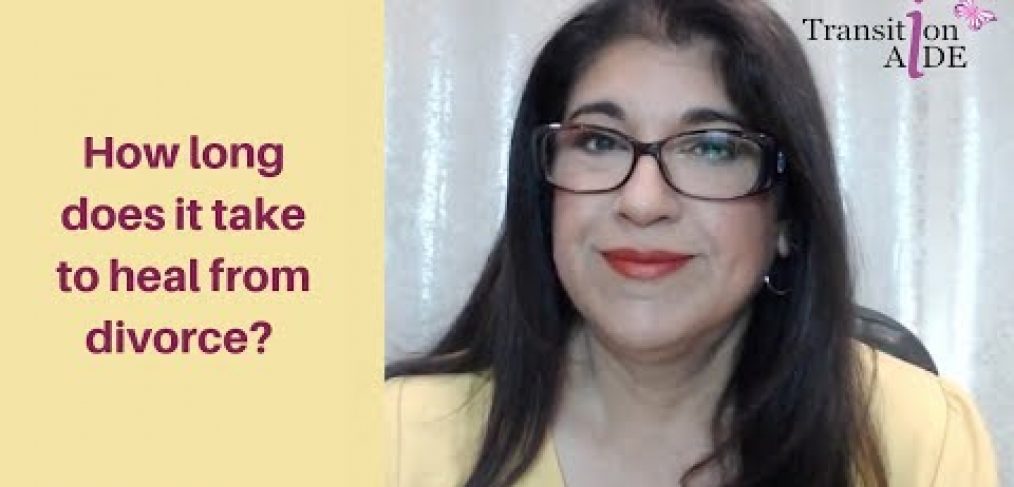When coping with Divorce Self-Care is the first step
 If you are currently coping with divorce I am sure you are doing a lot of internet searches. If you google the phrase, “‘first during divorce’”, you will find that the top search results relate to children and how to put children first during divorce. As a mother, I agree that children must be a priority in all divorce related decisions. However, I am a firm believer that in order to do what is best for your children, you must put your self-care first.
If you are currently coping with divorce I am sure you are doing a lot of internet searches. If you google the phrase, “‘first during divorce’”, you will find that the top search results relate to children and how to put children first during divorce. As a mother, I agree that children must be a priority in all divorce related decisions. However, I am a firm believer that in order to do what is best for your children, you must put your self-care first.
You can’t be the best for your children if you aren’t your best! Whether you have children or not, you will achieve the best outcome from your divorce when you put yourself first.
What does this really mean, given that the definition of best can vary from person to person and situation to situation?
While coping with divorce, there are some essentials of self-care that must be in place for you to make decisions that serve your greatest good.
There are four areas of self-care that can be very challenging to manage during a divorce. I have created the mnemonic BEST (Breathing, Eating, Sleeping, and Tackling Stress) as a framework to help you be your best self during this difficult time. These four areas are interrelated and critical to manage during divorce.
Breathing
Oftentimes when we are stressed, we tend to either breathe very shallowly or even hold our breath. We might not even realize that we are doing this.
The phrase “waiting to exhale” can be very real during divorce. Since breathing impacts each and every cell, when we breathe improperly we can cause detrimental changes in our mind and body, making dealing with divorce more difficult.
In working with clients, my first advice to them is to become aware of their breathing. Almost all of them report that they do in fact tend to breathe improperly during stressful times, which can be frequent during divorce.
By becoming aware of your breath, you can focus on correcting it, which will go a long way towards surviving divorce. Breathing is also a part of mindfulness meditation so that if you are so inclined, you can make mediation a part of your daily practice, which will not only reduce your stress but also have other physical benefits as well.
Here is what Dr. Hedy Koder, a neuroscientist who runs the Clinical and Affective Neuroscience Laboratory at Yale University said about meditation in a TED talk: “It did to my mind what going to the gym does to my body – it makes it both stronger and more flexible.”
It was after a break-up that she started practicing meditation and found that after practicing for some time she “learned to have better responses not only to the breakup itself but about other things” which included physical trauma as well. In her talk, she provides scientific evidence to support the physiological benefits of meditation.
Eating
You may have heard the term “divorce diet”. It is used to describe the weight that people shed while going through divorce. This is not a diet at all. It is the result of not being able to eat due to the stress you are experiencing while going through a divorce.
We all handle grief differently, so that while some women lose a lot of weight, others gain a lot of weight. They eat to combat depression and to comfort themselves, resulting in weight gain. In addition to grief, they may have feelings of rejection and low self-esteem. This can push healthy eating to the side as their minds are preoccupied elsewhere.
Both – losing weight and gaining it – are responses to the stress of divorce and can have long-lasting impacts on your health. Needless to say, it is extremely important that you stay mindful (here is that word again) of your eating patterns.
Since divorce brings with it a roller coaster of emotions, you might want to plan your meals at times when you aren’t overcome by sadness. That way, when you go for food as a way to comfort yourself, you will have healthy choices at hand. You might even consider seeing a nutritionist who can guide you towards making better food choices. The same is true for those who are not eating enough.
Sleeping
Both a lack of sleep and too much sleep are linked to stress. Some people develop insomnia because they are worried about the outcome of divorce and can’t stop thinking about it.
Experts call this “secondary insomnia” since it is related to a specific life event. Not only can this turn into a long-term problem, it affects your mental functioning and makes coping with divorce even more difficult.
While some people can’t sleep, others may sleep too much, which can be a sign of depression. According to the National Institutes of Health, the association between sleep disturbance and major depression is very strong. A discussion with your health care provider is highly recommended if you are experiencing sleep related issues so that you can develop a concrete plan to sleep more healthily and address underlying mental health issues which may be causing irregular sleep patterns.
Tackling Stress

Divorce is considered by many to be the most stressful event in life (either equal to or a close second to the death of a loved one). I believe that it is far more difficult to process than any other life event.
Additionally, a person going through divorce often receives much less support from the community than a person experiencing another traumatic life event. This further elevates the stress that divorce causes.
There are many factors that affect the stress that accompanies divorce, such as the length of marriage, the presence of children, and the relationship dynamics of your marriage and divorce.
To assess the level of difficulty you are likely to face in your divorce, take my FREE Divorce Diagnostics Self Assessment Quiz by >>clicking here<<. The more difficult the divorce, the more stress it will bring, making it harder to cope with divorce. It will also require greater preparation and will take a longer time to recover from.
Stress manifests in many ways, both emotional and physical. Divorce can sometimes be so traumatic as to cause Post-Traumatic Stress Disorder (PTSD), which women are much more likely to experience than men.
Managing the shock and stress of divorce is a big subject and outside the purview of this post. Suffice it to say that if you find yourself experiencing a lot of stress either during your divorce or after it, the best thing you can do for yourself is to seek help from a qualified professional who can evaluate you and create a plan for recovery.
Each one of us needs to be mindful of how we can be our BEST self, especially when facing the challenges and stresses of divorce.
If you find yourself having trouble berating properly, eating nutritiously, or sleeping healthfully, your body is signalling to you that you need help. It is very important to recognize when your divorce is interfering with your daily functioning.
It is equally important to seek the help from professionals who can support and assist you both during and after your divorce. Divorce has the potential to be quite detrimental to your well being, so you need to proactively make the decision to take care of yourself in this difficult time.







